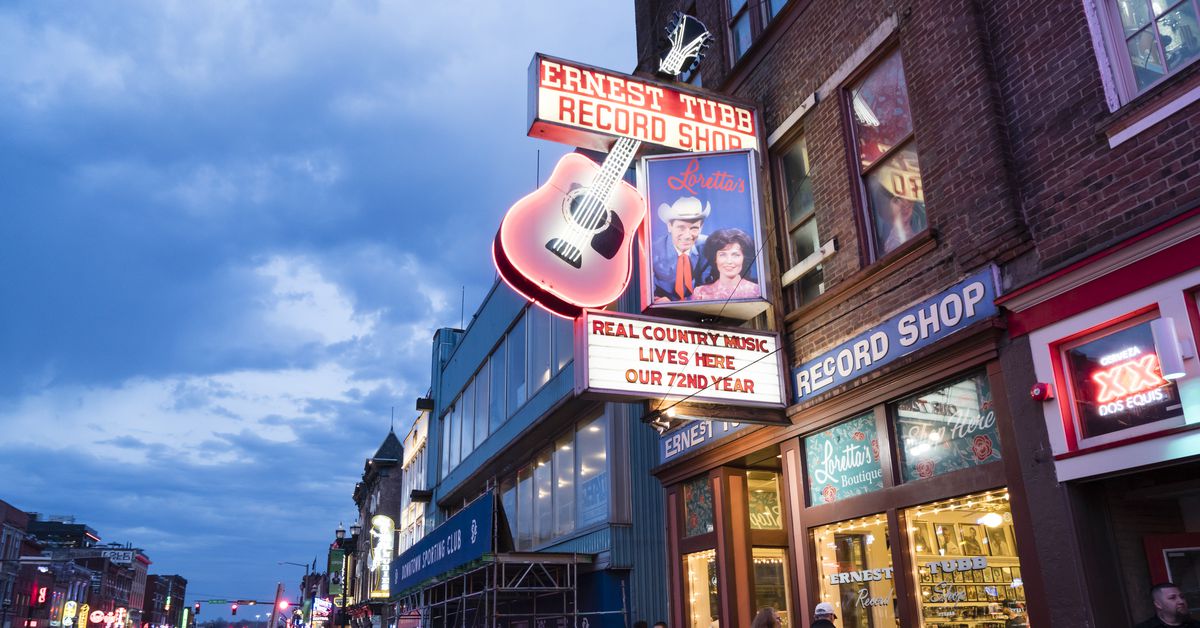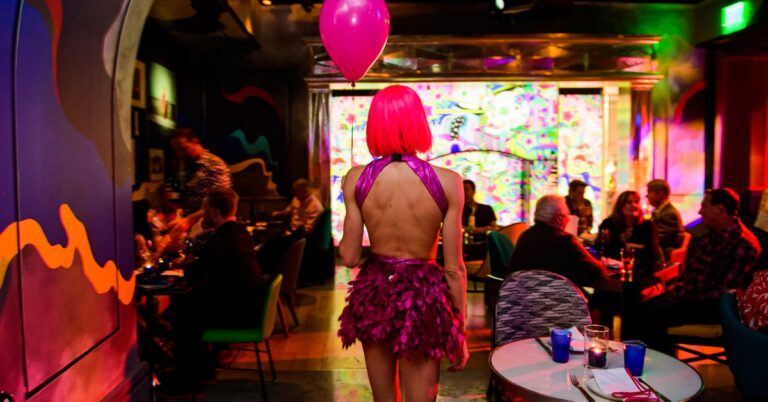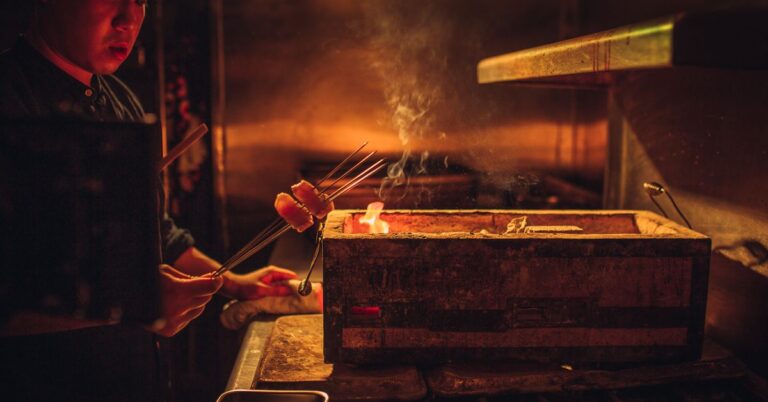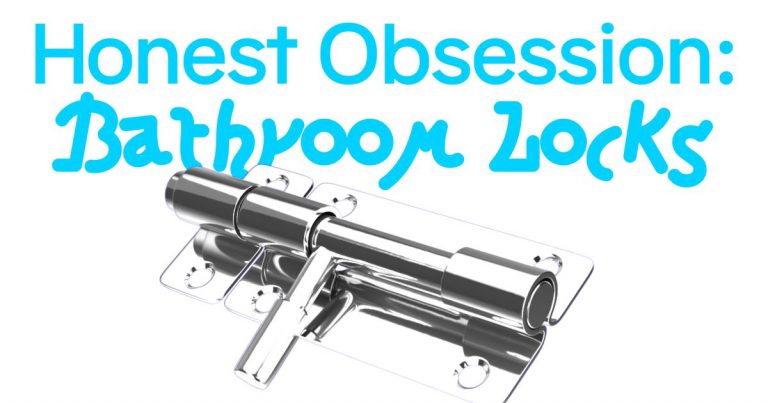Restaurant Groups Expanding to Nashville Are Drawn by the City’s Economic Boom
Once known nationally as the home of the Grand Ole Opry and not much else, few cities have experienced the kind of explosive growth that has boomed across Nashville over the past decade. Nashville hosts more than 16 million tourists each year, and at present, nearly 100 people are moving to Music City, U.S.A. every single day, with the influx showing no signs of slowing down any time soon. Arriving at almost as rapid a clip are new restaurants exported from cities like New York, Dallas, and Los Angeles.
Some of the industry’s biggest names, including Stephen Starr and Andrew Carmellini, have expanded — or announced plans to expand — their culinary empires to Nashville. In 2021, Carmellini imported outposts of his acclaimed New York restaurants Carne Mare and the Dutch, and Starr announced in April that he would bring vaunted New York brasserie Pastis to a location near Downtown in 2023. Famed French chef Jean-Georges Vongerichten just opened a new cafe inside the historic Hermitage Hotel, Las Vegas restaurateur Elizabeth Blau has three new restaurants in the works in a brand-new hotel — the list goes on and on. In addition to the fine dining imports, the city is also welcoming casual concepts from other cities, like Dallas’s Velvet Taco and NYC’s Black Tap. But why Nashville? And why now?
Unlike Miami — which has seen an influx of New York City money and businesses since the beginning of the pandemic, in what Curbed called a “one-percenter exodus” — Nashville’s draw is different. It’s an easily accessible cultural hub on the East Coast that feels open and welcome, the type of place where people can buy a home and raise a family, especially compared to places like NYC and San Francisco.
“When I decided to branch out from Charleston, Nashville was the only place that I considered,” says chef Sean Brock, arguably the progenitor of the “move to Nashville” trend. In 2013, Brock opened a second location of his acclaimed South Carolina restaurant Husk, which drew the eyes of national food media to the city. “I’d already lived here before, I’d experienced the amazing produce that’s here, and the community,” he says. “I ended up staying.” Now a permanent Nashville resident, Brock operates three restaurants: Audrey, the Continental, and Joyland. “Nashville has always been a place for creative minds, especially songwriters and musicians,” he says. “And what that means is that the community itself is more open-minded. A lot of those people have come from larger cities, and they’re used to lots and lots of dining options.”
:no_upscale()/cdn.vox-cdn.com/uploads/chorus_asset/file/23276591/1__15_.jpeg)
According to numbers from the Nashville Chamber of Commerce, Nashville gained 79 new residents a day from out of state in 2020, with an additional 200,000 out-of-staters expected to arrive in the greater Nashville area over the next five years. The Tennessean reports that many are arriving from Chicago, New York, Atlanta, and across California. Of Atlanta specifically, the Tennessean writes, “Nashville is now drawing more people here than sending people there, a reverse of a long-standing trend.”
For Starr, Nashville’s booming music industry was a personal draw. Before he was a restaurateur, Starr was a concert promoter, producing stadium shows for artists like Madonna and George Michael in Philadelphia. “We wanted to expand in markets that we felt were emerging, places where a lot of young people were moving,” he says. “I have a real connection to music, and the music thing is really what made me say yes. If I’m going to open something, I want it to be in a city that I actually want to go to.” He also notes that the city’s music industry attracts travelers from all over the world, making it a perfect market for destination restaurants like Pastis.
The city is also experiencing unprecedented economic growth more broadly. In 2018, Amazon announced it would open a new headquarters in Nashville, promising 5,000 jobs and a $230 million investment in new office space; that same year, Wall Street firm AllianceBernstein moved its headquarters, along with 1,000 jobs, to the city. A recent report found that Nashville’s economy grew more than that of any other large U.S. metro area in 2021, and restaurateurs aren’t the only ones looking to cash in on the boom. That’s especially true along the picturesque banks of the Cumberland River — per the Tennesseean, close to $10 billion in “luxury office parks” and “glassy residential towers” are in the works in that area alone.
This rapid expansion, of course, has not been without its growing pains. A booming tourism industry has also led to the rise of “transportainment,” or party buses and pedal taverns packed with drunk bachelorette partyers, which are nearly universally despised by Nashvillians, leading to safety and traffic issues. Nashville’s Broadway district, home to legendary honky-tonks like Robert’s Western World, now looks like any other nightclub district in the world, packed shoulder-to-shoulder with rowdy out-of-town drinkers that fill the high-volume, slicked-up bars owned by country music stars like Blake Shelton and Miranda Lambert. This influx of partiers has, not surprisingly, exacerbated gentrification in the city, thanks in part to the short-term rentals purchased by investors to house tourists, not Nashvillians. A 2021 analysis from PricewaterhouseCoopers dubbed Nashville the hottest real estate market in the country.
Residents across the city are feeling that pinch as the cost of living in Nashville increases dramatically. Rents have risen at a record-breaking pace over the last year, forcing out people who have lived in the city for decades. Pat Martin, who’s operated restaurants in Nashville, including Martin’s Bar-B-Que Joint and Hugh-Baby’s, for more than 15 years, says that his employees are having to move farther and farther away from the city just to be able to find affordable housing. “It’s getting so expensive,” he says. “It used to be that they could live 15 minutes away from Martin’s, and now that ain’t the thing anymore. One-bed, one-bath apartments are going for $1,600 a month, and it’s just too high for an hourly-wage employee.”
Both Brock and Starr also cite staffing challenges, saying that the service industry labor shortage in Nashville may actually be worse than it is in other cities. “We’re all barely able to stay open enough to pay rent because we don’t have enough staff,” Brock says. “Audrey is a perfect example of that. We had to go from seven days a week to five because we just don’t have enough servers. I’m trying to hire a general manager right now, and I’ve gotten maybe five applicants.”
Even as they fight the traffic and try to ignore the bachelorette parties, many Nashvillians remain optimistic about the city’s growth. According to Martin, the city’s culinary scene still has plenty of niches waiting to be filled. He wants good pizza and notes that “Nashville is desperately in need of some really, really good Chinese food and dim sum,” he says. “Until the growth slows down, I don’t think the saturation point is even a concern yet. And even if it is, we’re starting to see some of the satellite cities that are 30 minutes outside of Nashville starting to really grow, and there’s plenty of opportunities there.”
As more out-of-towners — both restaurants and people — arrive, many residents feel a duty to protect the heritage and identity of the city that they all found so charming in the first place. Put simply, no one wants to see it turn into a haven for one-percenters like in Miami; they want Nashville to grow in a way that feels authentic to its roots. “We have to make it a priority to protect the landmarks of this city,” Brock says. “When people ask me where to eat, I tell them three places they have to go to before dining with us, because we understand the importance of these places to the soul of this city. I hope people realize that what draws people here are the forebears, places like Arnold’s Country Kitchen, and Bolton’s, and Robert’s. It’s that particular soul that we’re all so proud of.”






